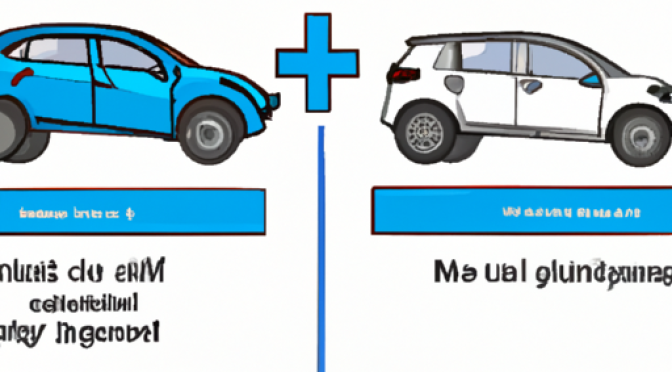What comparisons are being made between electric and hydrogen vehicles in the automotive industry?
Alternative propulsion vehicles are gaining increasing attention in the automotive industry as an environmentally friendly and sustainable alternative to conventional internal combustion engines. Comparisons between electric and hydrogen vehicles are of particular importance as both technologies have great potential to power the vehicles of the future.
Electric vehicles
Electric vehicles use electrical energy for propulsion. Batteries in electric vehicles store the electrical energy, which is transferred to the vehicle's electric motor. The advantages of electric vehicles include quiet operation, environmental friendliness and high efficiency. In addition, electric vehicles have lower running costs because electric energy is cheaper and more readily available than conventional fuels.
However, electric vehicles have a limited range due to the lack of charging infrastructure. Electric vehicles can also take longer to charge, which can be an additional challenge for users. In addition, the production of electric vehicles and the environmental impact of batteries are important considerations when assessing the technology.
Hydrogen vehicles
Hydrogen-based vehicles use hydrogen for propulsion. Hydrogen reacts with oxygen in fuel cells to produce electrical energy, which is transferred to the vehicle's electric motor. The advantages of hydrogen vehicles include zero emissions, longer range and faster refuelling times. Hydrogen-based vehicles can be refuelled in just a few minutes, similar to conventional fuels.
However, hydrogen vehicles can have higher running costs, as the production and storage of hydrogen is a more expensive and complex process. In addition, the lack of hydrogen infrastructure could be a significant barrier to the uptake of hydrogen vehicles.
Comparison
Comparisons between electric and hydrogen vehicles cover a number of aspects. Range, charging time, running costs, environmental impact and charging infrastructure are all important factors when evaluating technologies.
Electric vehicles have lower running costs and easier accessibility due to the electric power. However, hydrogen-based vehicles have longer range and faster refuelling times, which can be an advantage for longer journeys.
Electric vehicle charging infrastructure is more widespread, while hydrogen infrastructure is still being developed. Therefore, electric vehicles are currently more accessible to users.
Comparisons between electric and hydrogen vehicles are ongoing in the automotive industry and both technologies need further development. However, both technologies have great potential for sustainable and environmentally friendly transport and could play an important role in powering the vehicles of the future.
∑: vehicles, electric, hydrogen, infrastructure, comparisons, between, technologies, energy, running
